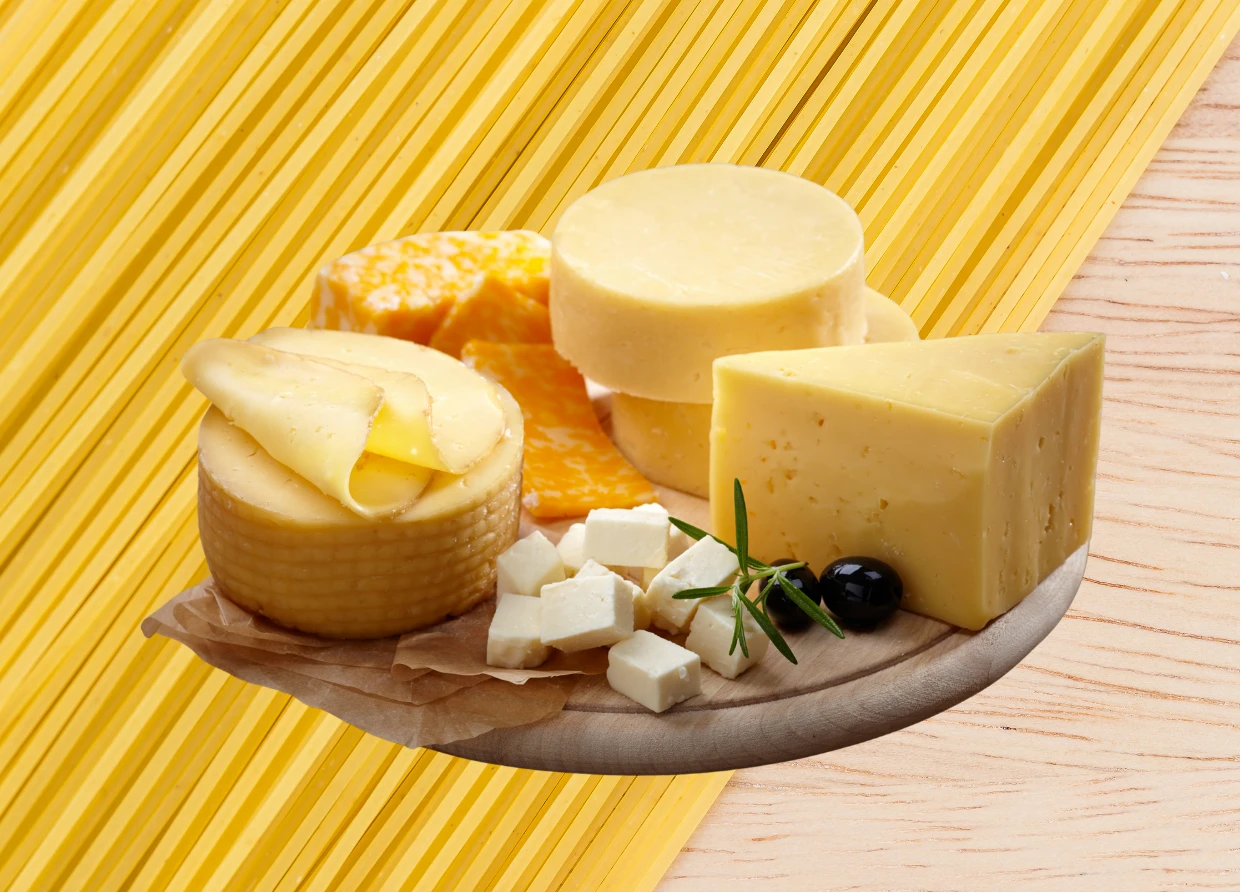RETHINKING HIGH-CALORIE FOODS: EXPERTS HIGHLIGHT NUTRITIONAL BENEFITS OFTEN OVERLOOKED
Dietitians debunk misconceptions surrounding calorie-dense foods, emphasizing their nutritional value and importance in a balanced diet.

In a culture fixated on calorie counting and weight management, certain foods bear the brunt of misconceptions. Calorie-dense options are often unfairly vilified, overshadowing their significant nutritional contributions. Despite their higher calorie content, experts advocate for their inclusion in a healthy eating regimen, shedding light on their untapped potential.
Christine Byrne, M.P.H., RD, challenges the stigma surrounding calorie-dense foods, stating, "Calories aren't a bad thing; they're simply a source of energy found in every single food that we eat." Byrne, an intuitive eating dietitian, emphasizes that higher-calorie foods can offer ample nutrition, underscoring the importance of understanding their benefits beyond mere calorie counts.
Whole Eggs, despite being scrutinized for their fat and cholesterol content, emerge as nutritional powerhouses. Sandra Chavez, M.S., RDN, highlights their protein richness and vitamin-packed profile, dispelling myths surrounding cholesterol concerns.
Similarly, Whole Milk, often labeled as "bad," receives a nod of approval from Amy Goldsmith, RDN. Goldsmith extols its virtues, citing its high biological value protein and essential nutrient content, countering misconceptions propagated by its calorie density.
Pasta, another victim of nutritional scapegoating, surprises with its nutritional prowess. Despite its association with refined grains, pasta offers notable fiber and protein, alongside essential vitamins and minerals, as highlighted by experts. However, caution is advised regarding portion control and mindful pairing with nutrient-rich accompaniments.
Potatoes, often sidelined due to their starchy nature, boast an array of health benefits, including fiber, potassium, and vitamins. Brooke Baird, RDN, LD, dispels concerns over their glycemic index, emphasizing their affordability and nutritional density.
Cheese, although calorically dense, earns accolades for its protein, calcium, and healthy fat content. Krista Wale, RD, LDN, underscores its role in supporting bone health and muscle maintenance, challenging prevailing notions about its dietary impact.
Nuts and Seeds, celebrated for their heart-healthy fats and nutrient density, offer a convenient snack option packed with essential nutrients. Despite their energy density, they're recommended for their nutritional value and satiating properties.
Even Salad Dressing, often shunned for its calorie content, finds redemption as a vehicle for healthy fats and fat-soluble vitamins. Alyssa Smolen, M.S., RDN, CDN, advocates for incorporating unsaturated fats like olive oil into salads to maximize nutrient absorption, debunking the myth of fat-free fare.
In essence, the blanket dismissal of high-calorie foods overlooks their nutritional benefits. Instead of fixating solely on calorie counts, experts urge consumers to consider the holistic nutritional profile of foods. By embracing a nuanced approach to dietary choices, individuals can harness the health-promoting potential of calorie-dense options, enriching their culinary experiences and overall well-being.
#THE S MEDIA #Media Milenial #Nutrition #Healthy Eating #Calorie-Dense Foods #Myths #Dietary Misconceptions #Nutritional Benefits #Balanced Diet #Food Choices #Wellness #Diet Culture


























